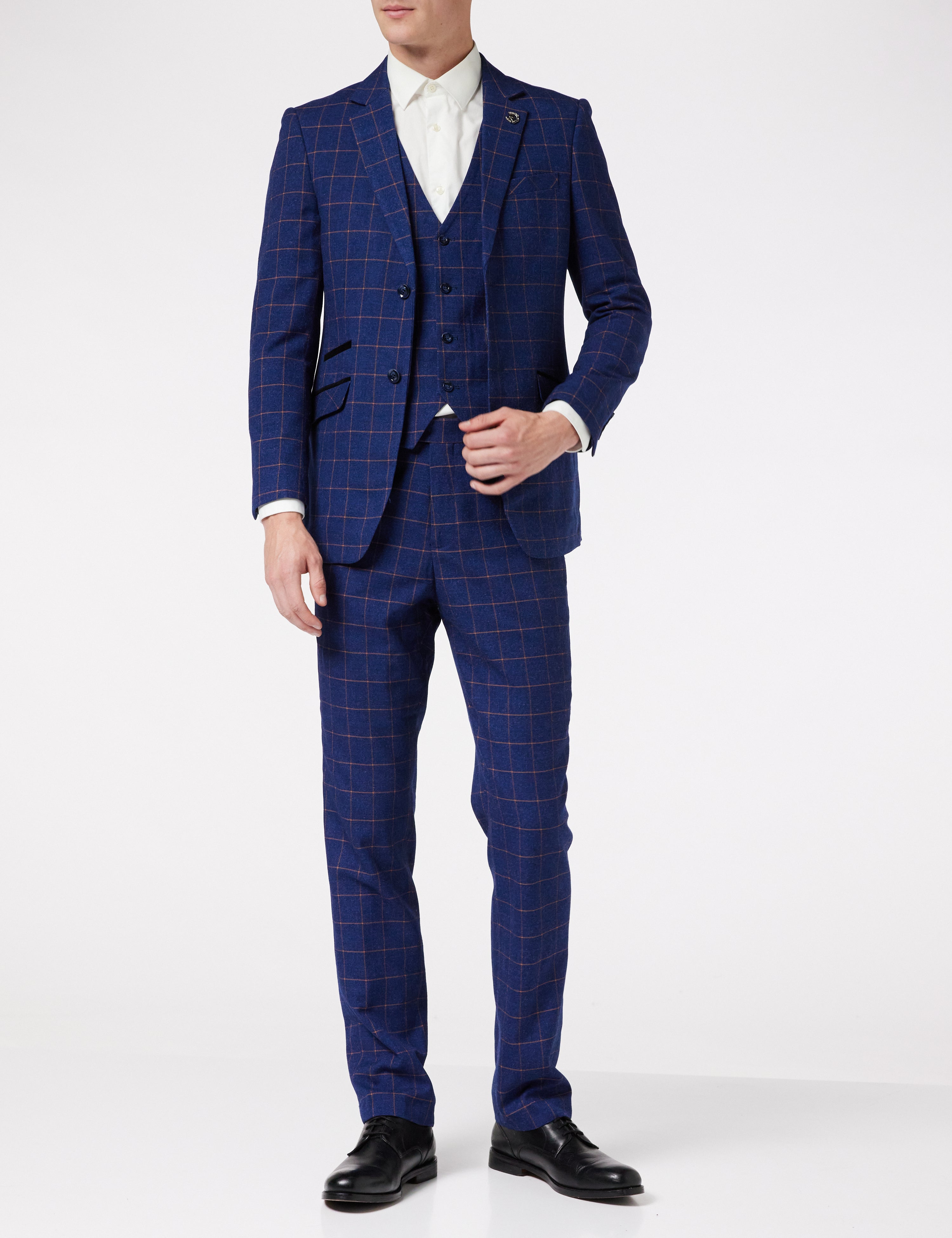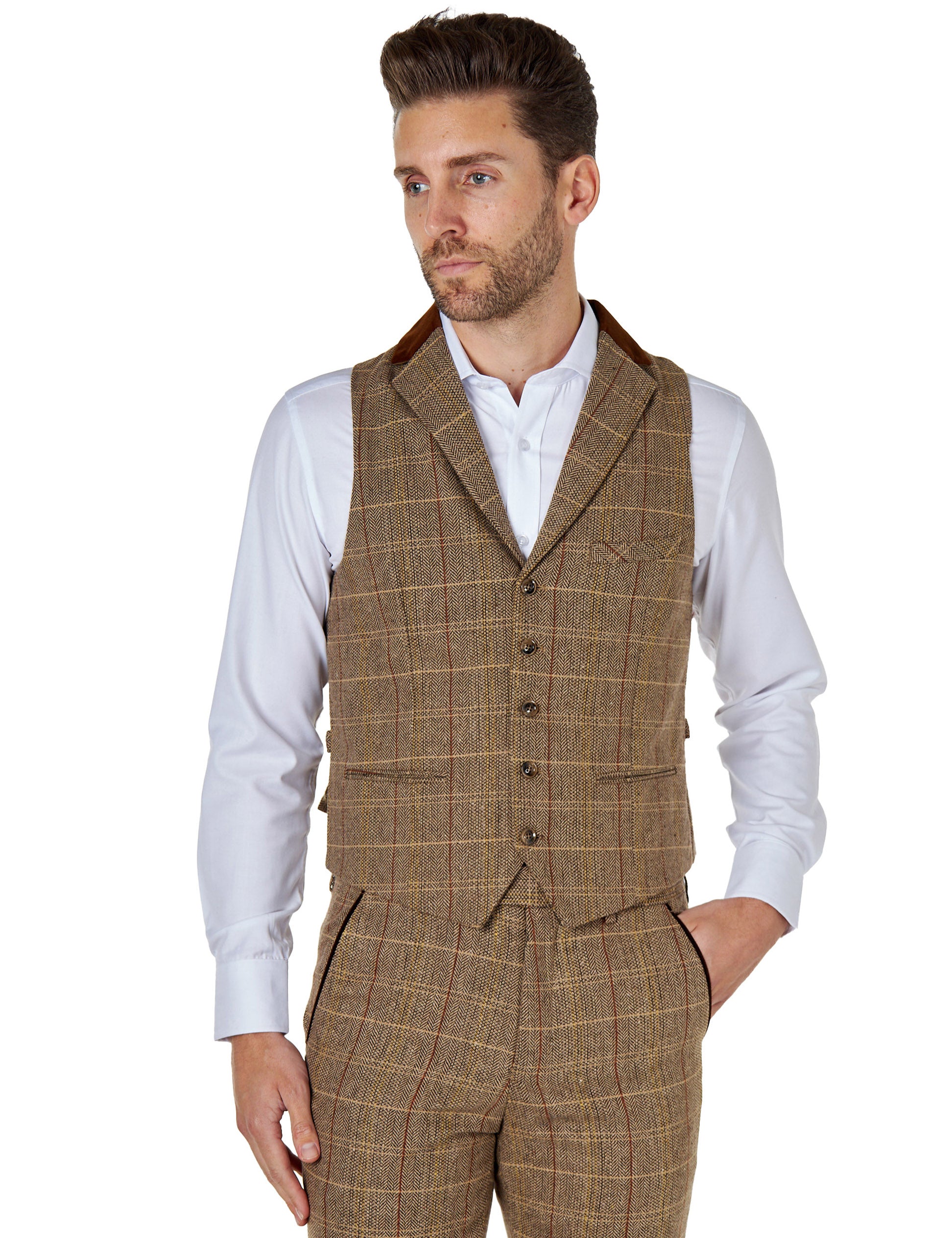Leather Jacket Care Guide
Whether it’s a classic biker jacket, a smart bomber or a chic blazer style, your leather jacket can easily last you decades if you look after it. Sure, there’s a certain charm about a leather jacket that has seen a little action and has the scars to prove it. But even they can get too much, especially once they combine with the deterioration that happens when a leather jacket ages. This guide gives you all the tips you need to keep your jacket in prime condition.
Know your Leather Type
Do you know what type of leather your jacket is made from? It’s the first step in maintaining its quality. Leather can vary significantly, from full-grain (known for its durability and luxurious texture) to top-grain (which balances softness with resilience). Suede is another type of leather, known for its velvety surface, which demands a different cleaning approach altogether. And then there’s faux leather, which offers an animal-friendly alternative.
Manufacturers’ care instructions should be on the label, but since most of us will get our care assistance online nowadays, it’s always worth knowing exactly what you’re dealing with. In general, however:
- Full-grain leather needs occasional conditioning to maintain suppleness. Avoid over-wetting during cleaning, and use products designed for natural leather texture.
- Top-grain leather can be more prone to scratching, but regular conditioning helps prevent dryness and lessens scratches. Cleaning should be gentle to maintain its smooth look.
- For suede, use a suede brush to remove dirt and consider applying a protective spray to guard against stains. Avoid any water-based cleaning methods.
- With bonded leather, focus on gentle cleaning with mild soaps. It doesn’t respond well to oils or conditioners, which can degrade the bonded surface.
Conditioner – Not Just for Hair
Conditioning your jacket is a really important step in the care process, one that is all too often overlooked. It helps maintain the leather’s suppleness and prevents it from drying out, which leads to unsightly cracking and flaking.
If you’re going to do this right, you should consider both the type of leather and your local climate’s humidity levels. You’ll need a richer conditioner if you’re regularly wearing your jacket in direct sunlight, for example; this should stop your jacket drying out and becoming brittle, as well as protecting it from UV rays. If your locality is humid, however, your conditioner should be less strong, as drying out won’t be an issue – in fact, the problem could be mould and mildew, which the conditioner should keep at bay.
Apply the conditioner following the product guidelines, focusing on the areas most prone to wear. Do it periodically, but you probably don’t need to do it every week – once every few months should be fine. The exact frequency depends on how often you wear your jacket and the conditions it’s exposed to, but a seasonal approach is generally OK for moderate use.
As with all products for use on clothing, try to find a part that’s not too visible (such as inside pockets, on internal folds, or underneath lapels or flaps), and test it before using it on visible parts. Leave it for a day or two and examine the results before proceeding with the main conditioning job.
Cleaning your Leather Jacket
Cleaning a leather jacket requires a gentle touch and regular attention. Everyday dirt and minor spots are best tackled using a damp, soft cloth (except with suede). Simply wipe the surface gently, without soaking the leather.
For more stubborn stains, a dedicated leather cleaner is recommended. Apply it sparingly and follow any instructions carefully to avoid damage. Harsh chemicals and excessive water can tarnish leather’s appearance and compromise its integrity, so they should be avoided at all costs. Many leather jackets can be dry-cleaned, so if the instructions recommend it for your jacket, it’s best to leave it with the experts, even if it’s just once a year.
Remember, as with all clothing, prevention is better than cure. Try to shield your jacket from environments where it’s likely to pick up stains. And as with conditioning, experiment with any new products on a hidden part of the jacket.
Storage
Storing your leather jacket properly will help maintain its form and colour when not being worn. Keep it in a cool, dry place, away from direct sunlight. That prevents the fabric from fading and drying out. Use a padded hanger to retain its shape, and don’t cram it in with too many other garments – it needs air circulation to keep it supple.
Covering your jacket with a breathable garment bag does offer extra protection against dust and moisture, but avoid plastic covers – they can trap humidity and breed mildew, which can quickly make your jacket unwearable.
Repairs and Maintenance
Minor scratches or scuffs can often be gently massaged out with a little conditioner or a leather repair kit, whereas more severe damage might require professional attention. There are clothing repair outlets in all towns and cities, and they can perform miracles on garments that you had written off.
Regularly inspect your jacket’s hardware – zips, buttons, and any decorative elements – to ensure they remain functional and intact. A little attentiveness here can prevent minor issues from escalating into big problems.
As for keeping your jacket looking pristine, note that they are essentially natural products, and can be adversely affected by everyday chemicals. Prime adversaries include perfumes, deodorants, cosmetics and hair products (especially lacquer), so make sure you don your jacket after you’ve finished spraying, dabbing or titivating. Your jacket will thank you.
Follow these simple, practical tips and you’ll go a long way towards keeping your leather jacket looking as close to how it was when you first bought it.













